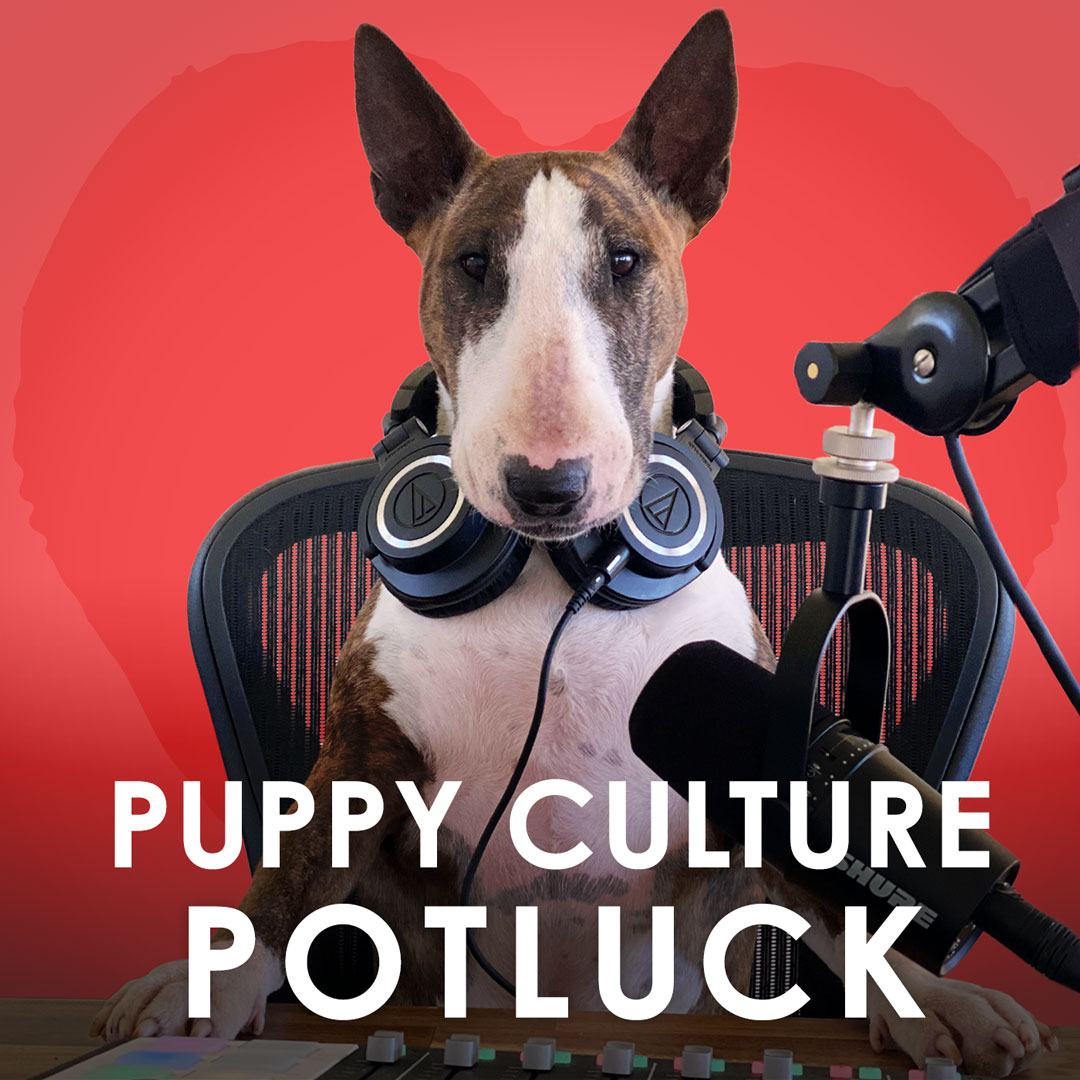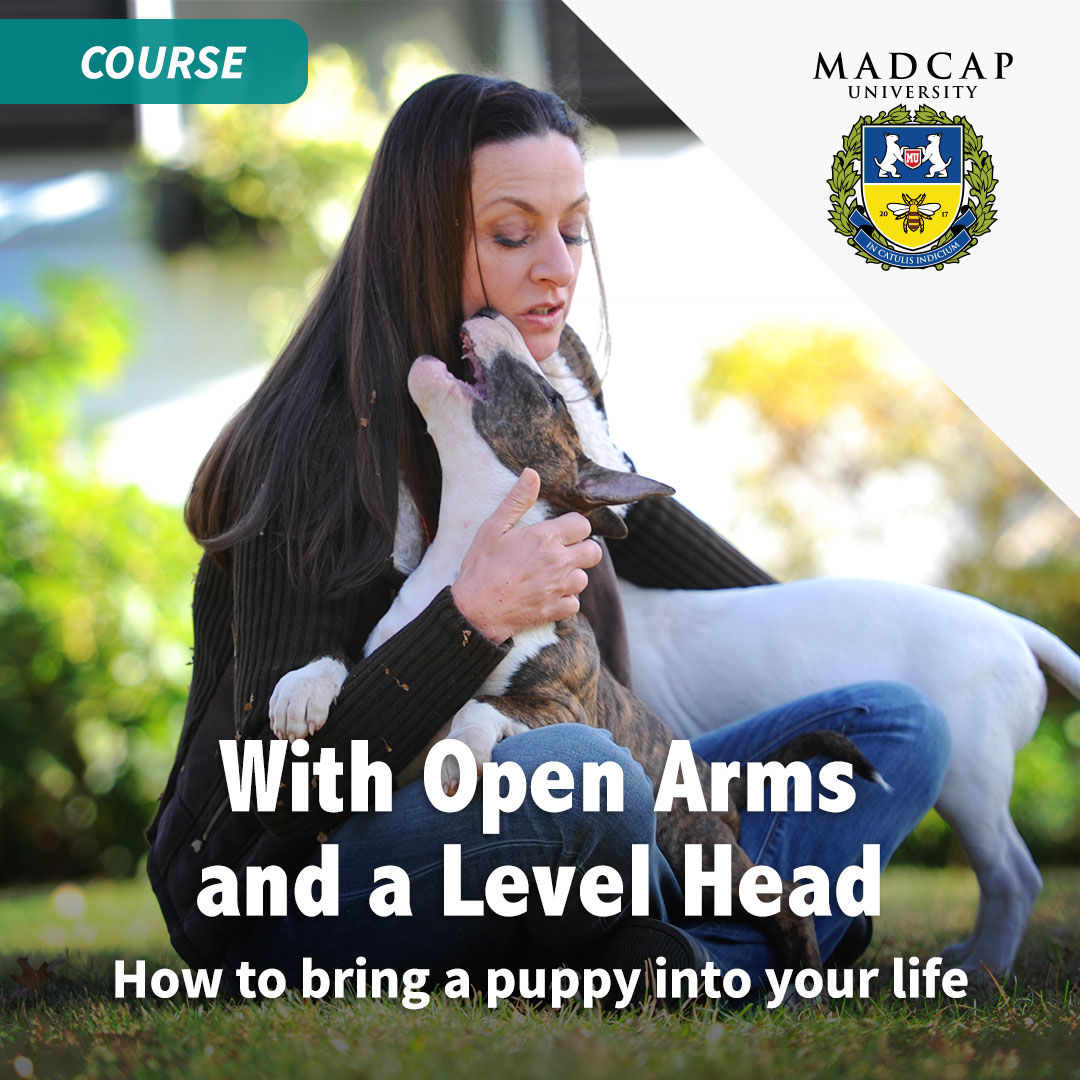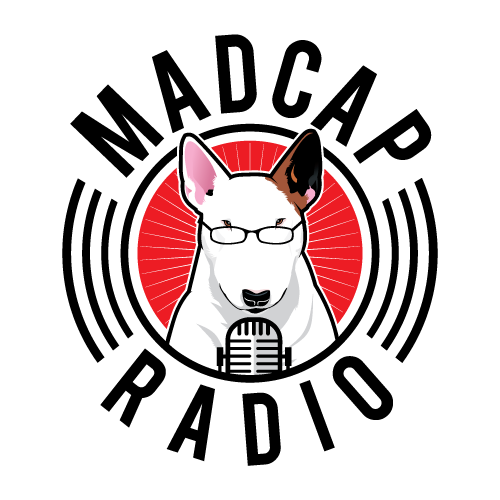Puppy Culture Potluck SeriesYou bring the topics, we bring the discussion.
No time to read our Puppy Culture Discussion group every day? No problem! Now you can get highlights of the discussion group in podcast format.
I’m going to be grabbing questions from the discussion group that sparked interesting discussion and talk about them on air.
Who knows, some guests may drop in as well…
|
|
This is a common problem that both puppy owners and breeders regularly write in about.
In this episode I cover:
Listen wherever you get your podcasts, and subscribe so you never miss an episode!
To read the transcript for this episode, click the link below.
Referenced Courses and Titles
Further reading and citations to the referenced studies and findings
Attention Monsters - Madcap University
Jane Messineo Lindquist (Jan 2023)
2 Comments
12/19/2023 11:35:30 am
Wonderful is there a way to have this podcast available for new puppy parents?
Reply
Rosie
12/19/2023 01:28:43 pm
Enjoyed this podcast very much regarding circadian rhythm and 10 weeks of age pup. Needs and Wants and the business trip made such great sense. Love the reference and can use this info and strategy.
Reply
Your comment will be posted after it is approved.
Leave a Reply. |
AuthorJane Messineo Lindquist (Killion) is the director of "Puppy Culture the Powerful First Twelve Weeks That Can Shape Your Puppies' Future" as well as the author of "When Pigs Fly: Training Success With Impossible Dogs" and founder of Madcap University. Archives
July 2024
Categories |



















